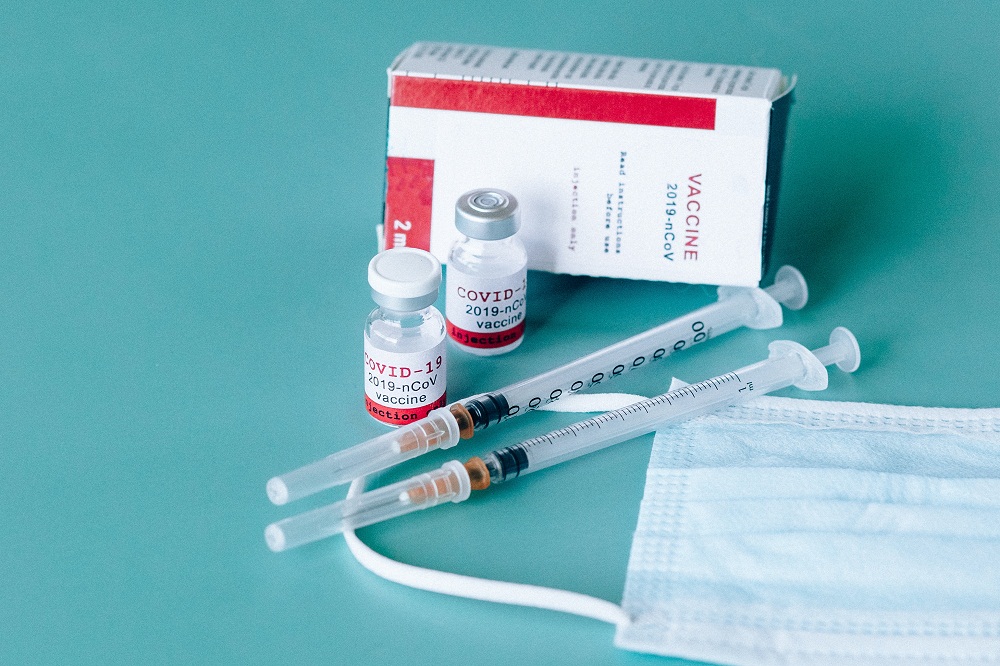The COVID-19 pandemic is currently presenting very unique circumstances for many people in many ways. When it comes to the workforce, many jobs that are not typically considered hazardous have suddenly become very dangerous for the workers who do them. Essential workers like health care staff, mass transit operators, and even grocery store clerks remain at a high risk of exposure to the virus.
But for many Florida residents who have contracted the virus and believe their place of work led to this happening, understanding your options for filing workers’ compensation claims can be confusing.

How Workers’ Comp is Different From Health Insurance
If you’ve contracted COVID-19 through exposure from your place of employment, you may be wondering why you need to file a workers’ comp claim if you have health insurance that is helping cover your ongoing medical expenses. The main difference lies in workers’ comp being able to not only cover certain medical expenses, but also help you replace your lost wages that you’d otherwise be earning if you were able to work. Covering medical expenses is helpful, but if the ailments being covered are preventing you from making the money you need to live your life or support your family, then your health insurance alone is not usually sufficient.
To put it simply, health insurance helps to pay your medical bills. Workers’ comp helps you pay your medical bills and can also help you recover the wages you’re missing out on due to the injury or illness you suffered on the job.
Where Our State Stands
The Florida Office of Insurance Regulation (OIR) classifies workers’ compensation as insurance policy coverage by which “employees are compensated for occupationally incurred injuries, regardless of fault.” The OIR has been working closely with the Florida Department of Health and the Centers for Disease Control and Prevention in an effort to adequately monitor and respond to ever-growing coronavirus concerns, and has expanded upon its qualifiers for workers’ comp in light of those concerns.
On April 6, 2020, when Florida governor Ron DeSantis signed an executive order to provide workers compensation coverage for public servants on the front lines of COVID-19, the OIR then issued an informational memorandum to all Florida-registered health insurers and pharmacy benefit managers. It instructed them on how to go about providing these benefits to the Governor’s list of these workers. It was a necessary step that is continuing to help many, but some confusion has naturally ensued.
The list extends primarily to “health care workers and others that contract COVID-19 due to work-related exposure.” It’s both a specific and vague statement—it’s helpfully specific if you’re a healthcare worker, but frustratingly vague if you’re not. So they extended the order a little further.
The most recent admin policy change in the state of Florida claims that you are eligible for workers’ compensation benefits if you’re an employee who is believed to have contracted COVID-19 while working in any one of these positions:
- First responders
- Child safety investigators
- Corrections officers
- National Guard service members responding to COVID-19
- State-employed health care workers
It seems like a short list, especially considering how infection rates have increased in many industries, not just health, military, and other protective agencies. It can be frustrating to think about when we can expect our state to allow “other” workers to fall under the umbrella of compensation. But change does happen.
Making Strides
Although no new Florida executive orders relating to the bridge between COVID-19 and workers’ comp have been enacted since early 2020, our state is still making promising strides in the course of ever-more-inclusive workers’ comp.
For example, in 2019, Florida Legislature acknowledged scientific evidence that showed a correlation between firefighting and certain cancers. It created an act under which eligible firefighters diagnosed with certain types of cancer are automatically entitled to cancer-related benefits at no cost to the firefighter, as well as several other useful workers’ comp benefits. Fire-related cancer and COVID-19 may not feel comparable at the moment, but this type of legislature is what opens the door for even more expansive legislature to follow it.
Coronavirus infection rates have increased, meaning every day there are more and more people putting themselves at risk in order to provide a service to their community and make a living for themselves. Although a coronavirus vaccine is now being administered, the lasting health effects of the virus are only just beginning to be uncovered—much as the long-term negative effects of working as a firefighter were recently taken under consideration by our state. Change happens all the time, and that change could benefit you.
Has Your Job Put You at Risk?
If you or a loved one are suffering from COVID-19 and work in one of the industries designated by the executive order, you could be eligible to receive workers’ compensation to cover your ongoing medical needs and missing wages. You should absolutely work with an attorney to explore your options for making that happen. Click here to get in touch with The Whisler Law Firm and schedule an entirely free consultation.
If the work you do doesn’t fall under one of the categories on the Florida Governor’s mandated list, don’t lose hope. States all across our nation, including Florida, are taking continuous action to extend workers’ compensation coverage to include a larger pool of people. Policies are being amended so that infections in certain workers are presumed work-related and therefore covered under workers’ comp. This presumption places the burden on the employer and the insurer to then prove the infection was not work-related, making it easier for those workers to file successful claims. Employers and insurers are naturally raising concerns that these new policies will lead to more financial burden than is manageable, but that doesn’t mean this coverage is any less important, or that you have any less right to receive it.
If you believe your workplace has caused you to contract COVID-19 and you’ve lost wages or have medical bills to pay because of it, it’s time to explore the possibility of a workers’ compensation claim. Again, click here so we can discuss your situation and how we might be able to help.



